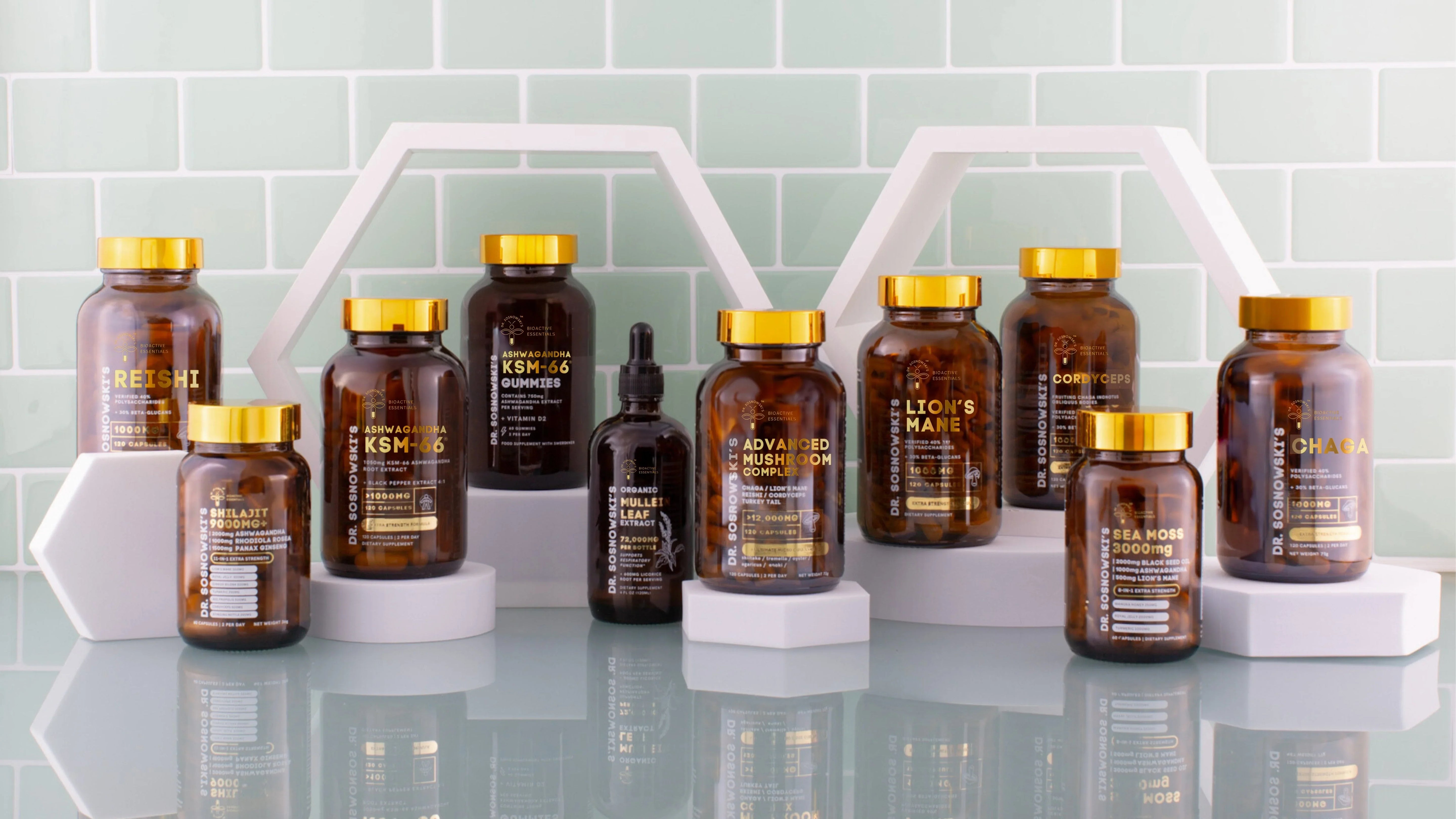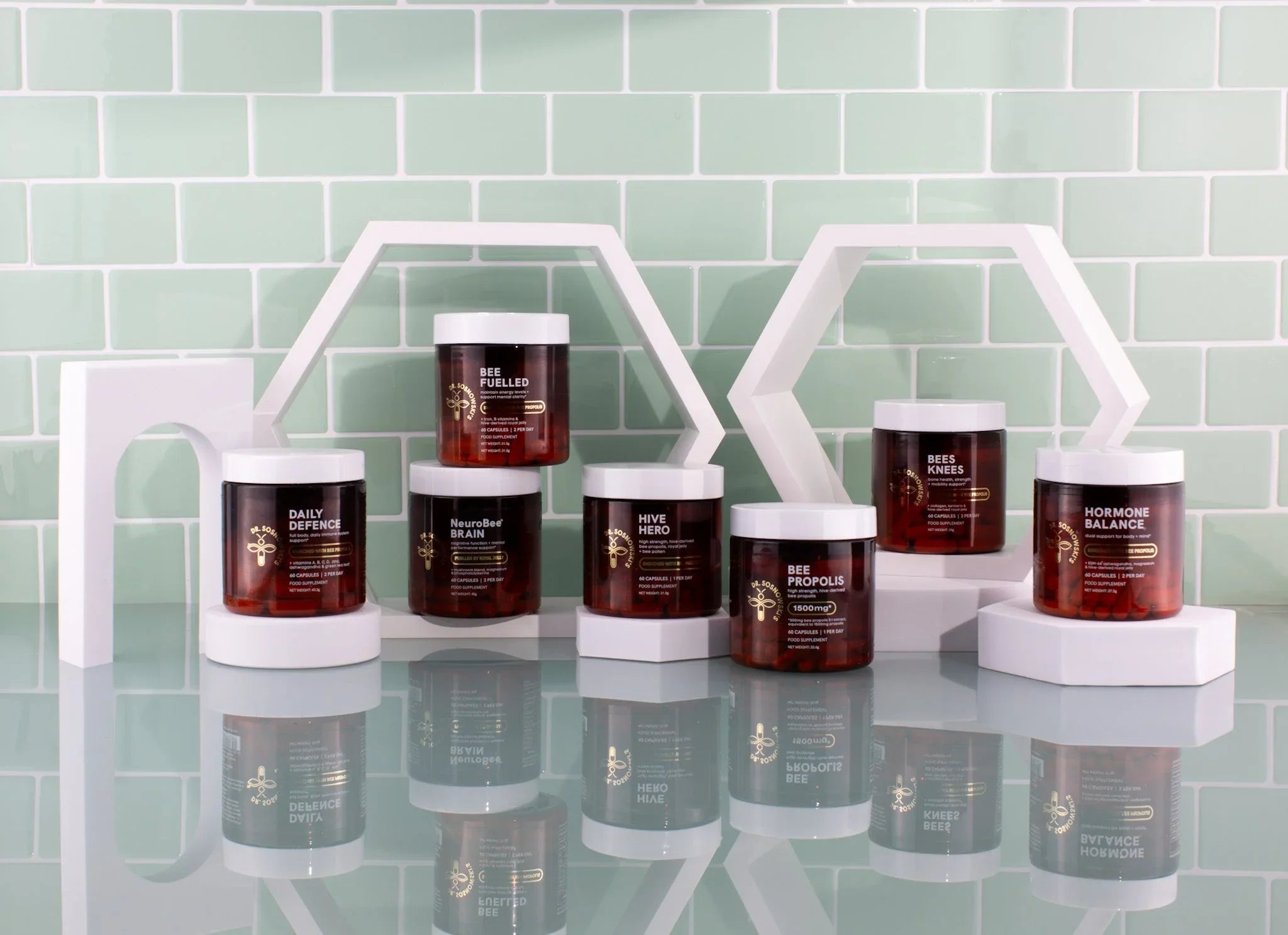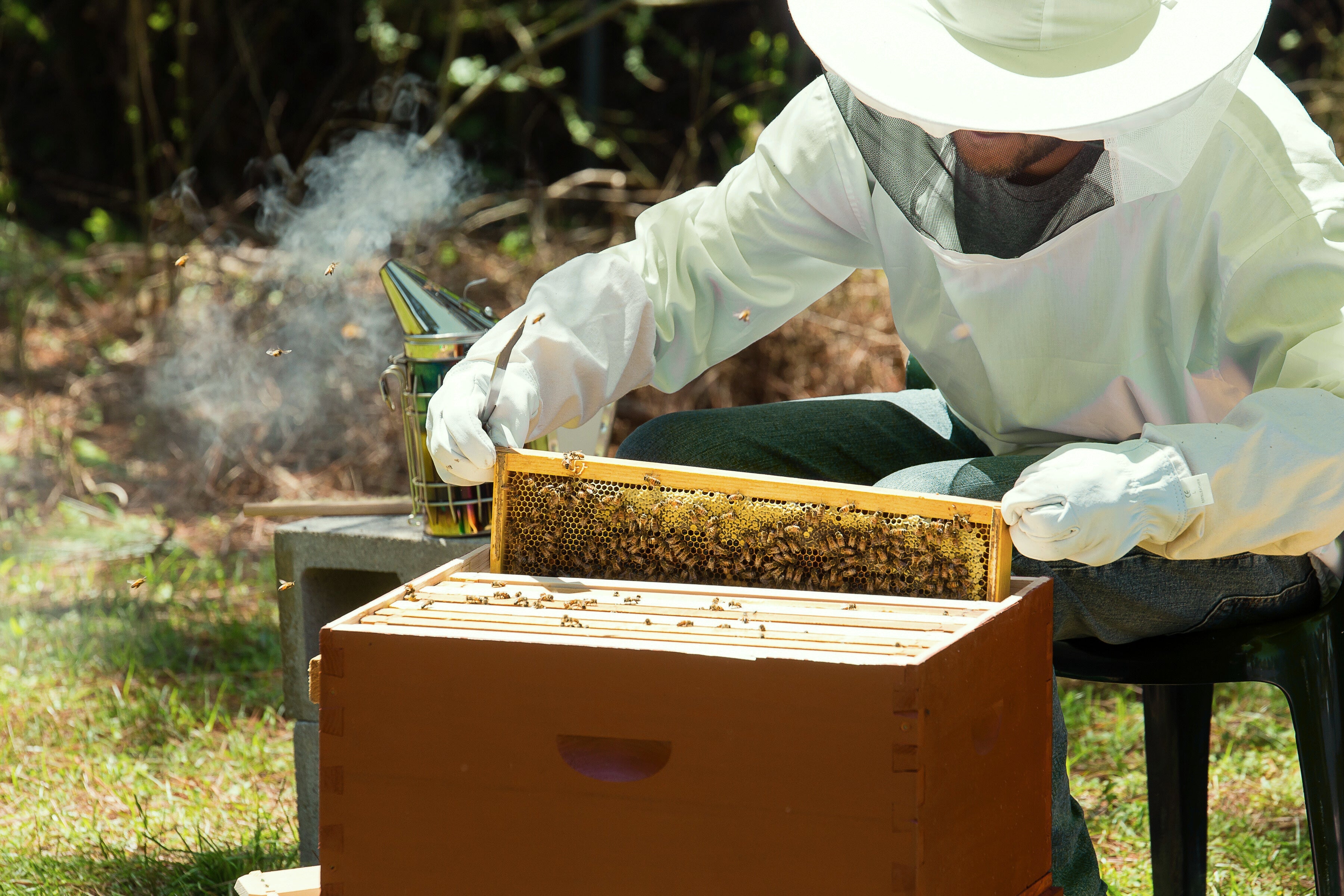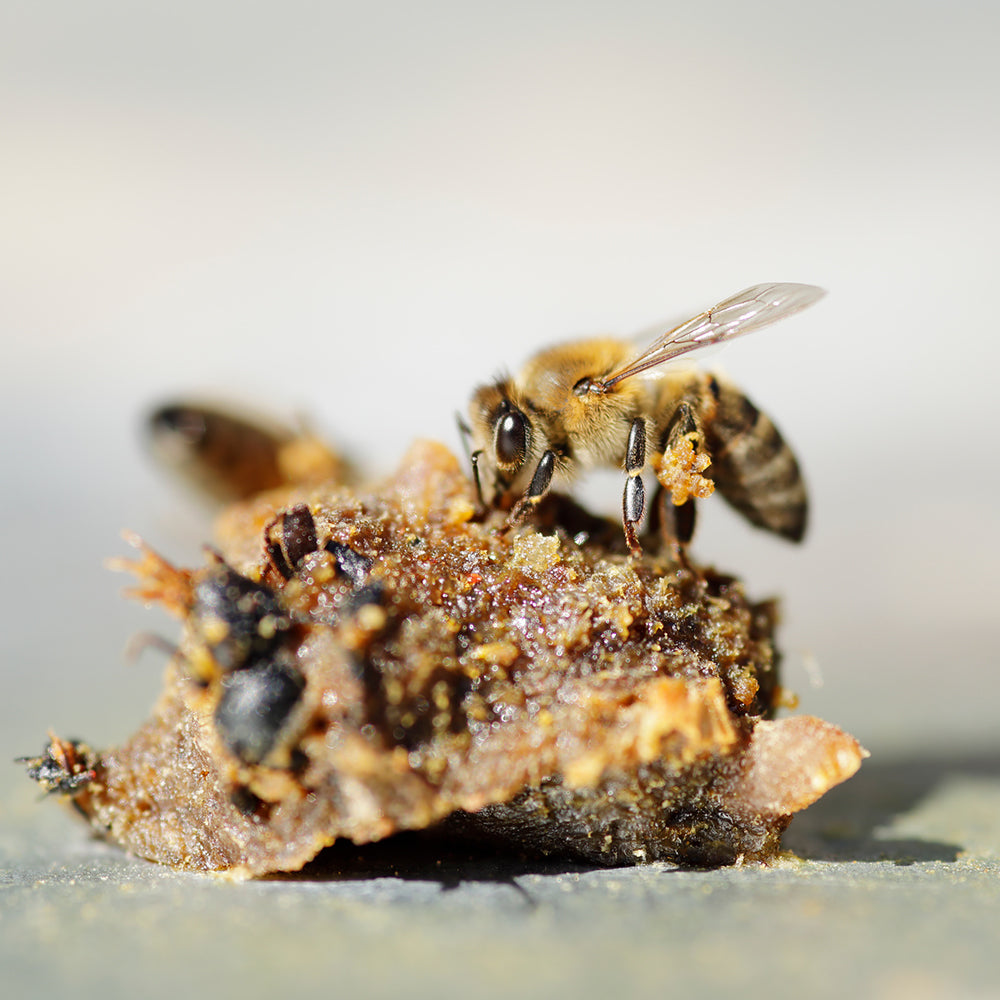Introducing the BioActive Essentials Collection by Dr. Sosnowski’s!
We’re excited to take you ‘beyond the hive’ with our brand-new BioActive Essentials collection—a range of 11 daily supplements designed to harness the power of nature’s most potent and often underexplored hero ingredients. This new line shines a spotlight on mushrooms, roots, leaves, and more, bringing fresh, natural solutions to...





